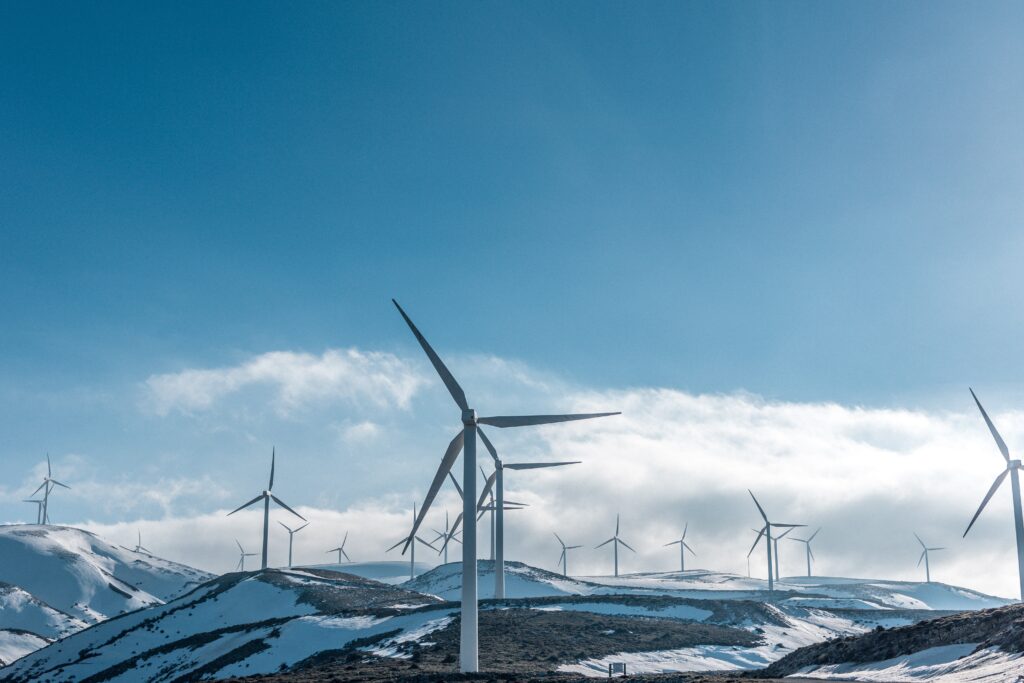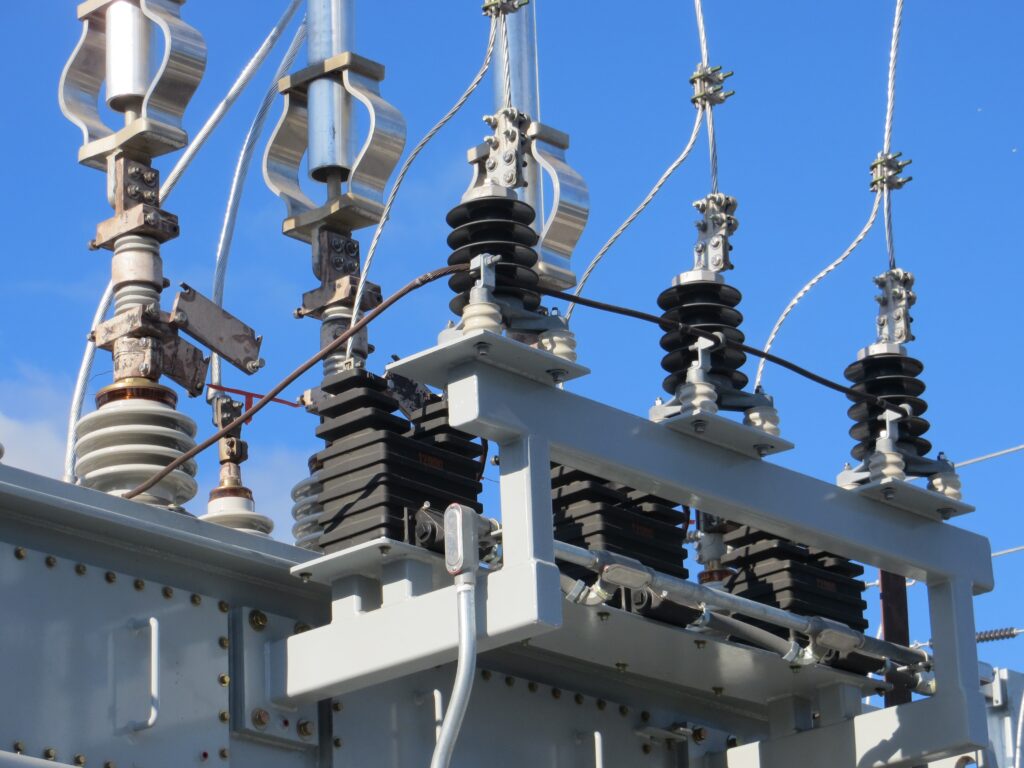Energy security is a huge concern for both individuals and nations around the world. Dealing with the volatile and unpredictable world oil market has always been a challenge for governments and businesses, but it has become even more important in the age of climate change. The production of pole line hardware is also an important part of energy security.
Composition of Energy
Energy includes primary energy and secondary energy. Primary energy is all kinds of energy and resources taken from nature directly without processing and conversion. For example, raw coal, crude, natural gas, oil shale, nuclear energy, solar, water energy, wind, wave, tidal, geothermal, biomass and ocean thermal energy, etc. are all kinds of energy. Primary energy can further divided into renewable energy and non-renewable energy. Renewable energy are solar, wind, biomass, wave, tidal, and ocean thermal energy. Non-renewable energy are coal, crude, natural gas, oil shale and unclear. Secondary energy is an energy product get from primary energy after processing and conversion. They are electricity, steam, gas, gasoline, diesel fuel, LPG, and alcohol, etc.
What is Energy Security
Energy security is the price that a country pays for sufficient energy supply to meet the needs of economic and social development. It includes two dynamic factors. The first one is ‘the price a country can afford’. To get the energy supply, the country need to afford its strength. It not only includes the financial outcome, but also includes political compromise and military aid. If a country can afford all the challenge, it can be regarded as safe. The second is ‘development required. The amount of energy need to a country can increase or decrease. If a country meet the energy need, it can be regarded as safe.
Energy security is the ability of a country to obtain energy in a sustainable, stable, timely, sufficient and economical manner. There are two parts in the concept of energy security.

Stability of Energy Supply
Stability of energy supply is the stability degree of energy supply for meeting the normal needs of the country’s survival and development. It contains three parts guaranteed supply, improvised and sustainable use.
Guaranteed Supply
The supply of all kinds of energy needed for the national economy development and people’s lives can be guaranteed under any circumstances.
Improvised
Effectively defend against various emergencies that affect the sufficient supply of energy, such as wars and natural disasters, and can meet the needs of national economic development within a certain period of time.
Sustainable Use
Ensure the sustainable use of the quantity and quality of energy supply.In long term goal, energy security not only ensure the needs of current economic development, but also need to meet the requirement of future economic and social development.
Safety of Energy Use (Eco-environmental safety)
The consuption and use of energy should not pose any threat to the living environment. That is to say, it should be in full harmony with the environment.

Factors Affect Energy Security
Energy Factor
Energy factor is one of the most direct and important factors affecting energy security. In general, rich energy of the nation is benefit for the development of economic. In return, the security factor of energy supply will be high. If do not consider any other factors, the less likely the domestic energy is affected by external insecurity factors, the safer it is. But it does not mean that a country’s energy resources are insufficient, the more serious the country’s energy security has more serious problems.
Political Factors
The impact of political factors on energy security has two main aspects. Firstly, the deterioration of political relations between energy importing countries and exporting countries affects the energy security of energy importing countries directly. For example,the reason of the first oil crisis was the political tension between Arab countries and Western capitalist countries. Secondly, the domestic political factors of energy-producing countries affect their energy supply capacity, thereby affecting the security of energy-importing countries indirectly. For example, the reason of the second energy crisis is domestic political and religious factors in Iran.
Transportation Factor
The security of the energy supply chain is as important as controlling resources and building reserves. Supply chain security is the premise and guarantee of energy security. Supply chain security also includes two aspects. One is the international energy transportation line. Countries with strong control over transportation lines have relatively small risks to energy supply security. The second is the domestic transportation capacity. The smoother the flow of domestic energy, the more secure the energy supply. For a country’s energy security, the first factor has a greater impact. In order to cope with the blocking of short-term local transportation channels, the country has adopted multiple approaches to reduce its impact.
Economic Factor
The impact of economic factors on energy security is an indirect factor. For energy importing countries, the most important impact is whether the economy can support the foreign exchange needed to import energy. Economic factors also involve changes in prices. For importing countries, it is mainly the impact of price increases on import capacity and the balance of imports and exports. In peacetime, wild price volatility is one of the most important problems of energy security.
Military Factor
The military factor plays multiple roles on energy security. In terms of transportation, with a strong and quick-response maritime military force, the energy maritime transport line will be well protected. This is especially reflected on controlling key of the energy transport lines such as the Strait of Malacca and the Suez Canal. The impact of military factors on energy security is also reflected in the ability of military intervention in major energy production areas. In the Gulf War, Western powers such as the United States used their powerful military power to avoid the control of oil supply by Iraq. This effectively guarantees the energy security of the United States and its allies.
Sustainable Development and Other Factors
Energy security attaches great importance to the development efficiency of resources and emphasizes the sustainable use of resources. The essence of sustainable utilization of energy is to strive to achieve the coordination between economic development and energy utilization, and finally achieve overall coordination between economic development and population, resources and environment. Sustainability factors should also consider the impact of technological progress and energy substitution.
Energy Security and Pole Line Hardware
Energy strategy is a huge project, closely related to various soft and hard powers such as economic power, scientific and technological power, and military power. On the other hand, energy security closely related to our daily life. There are line workers works on the electric pole everywhere. Before they do the maintenance for the pole line hardware, they should keep the security rule in mind.


